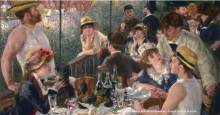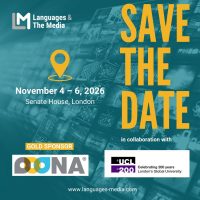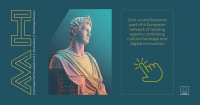-
Free text
 The concept of the Memory Twin in Digital Heritage is a key innovation that allows us to experience heritage that is not only seen, but also heard and understood
The concept of the Memory Twin in Digital Heritage is a key innovation that allows us to experience heritage that is not only seen, but also heard and understood3D Research Challenges in Cultural Heritage VI – DigitalTwin versus MemoryTwin This book presents a collection of papers focusing on 3D digitisation in the domain of cultural heritage. The use of data acquisition technologies in digitising cultural heritage holds great potential … Continue reading →
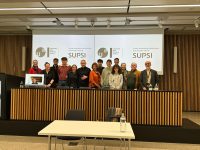 Lugano (Switzerland), 25th October 2025
Lugano (Switzerland), 25th October 2025SECreTour project, together with Photoconsortium, Europeana, UNESCO Chair of the Università della Svizzera Italiana in ICT to develop and promote sustainable tourism in world heritage sites and UNESCO Chair of the Università di Genova in Anthropology of Health, Biosphere and Healing Systems, organized … Continue reading →
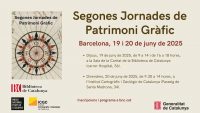 Sala de la Caritat, Biblioteca de Catalunya and online, 19 and 20th June 2025
Sala de la Caritat, Biblioteca de Catalunya and online, 19 and 20th June 2025On the occasion of the Segones Jornades de Patrimoni Gràfic 2025, EUreka3D project partner Pescia Paper Museum, which digitalized in 3D their historical paper moulds, gave a presentation to display the project and their achievements within its context and beyond. … Continue reading →
Area: digital heritage
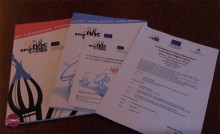
Developed under the EC’s funded CIVIC EPISTEMOLOGIES project, the Roadmap,as the main outcome achieved by the project, has been presented to a selected number of different italian stakeholders. The encounter has been held in the prestigious “Biblioteca delle Corporazioni”, in the premises of the Italian Ministry of Economic Development. The meeting has been filmed by a newscast which addresses the themes around the cultural heritage. Continue reading
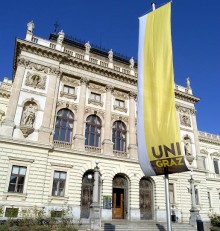
The symposium will discuss the relationship between digital scholarly editing and interfaces by bringing together experts of DSEs and Interface Design, editors and users of editions, web designers and developers. Continue reading
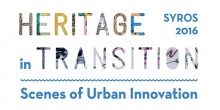
This Conference is hosted by The Culture of Cities Centre and will convene on July 27-29th, 2016 at The Cultural Center in Ermoupolis, on the island of Syros in Greece. It is held in collaboration with York University, St. Jerome’s … Continue reading
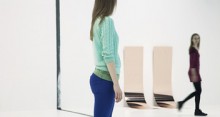
The German Association of Conservator-Restorers (VDR) is delighted to announce the major international symposium “Collecting and Conserving Performance Art” to be hosted by the Kunstmuseum Wolfsburg in Germany on June 9-11, 2016. The two-and-a-half day event approaches issues surrounding the … Continue reading
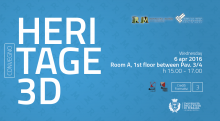
The conference, focused on the most innovative strategies of digital documentation for accessing and understanding European Cultural Heritage, will present the first year of research activities of the project INCEPTION – Inclusive Cultural Heritage in Europe through 3D semantic modelling, funded by the European … Continue reading
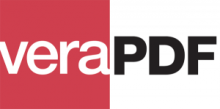
veraPF’s latest software is now available for download in the Open Source Portal. The veraPDF validation engine implements the PDF/A specification using formalisations of each requirement in PDF/A-1, PDF/A-2 and PDF/A-3. The wiki determines each rule used by the software and provides details on the error(s) triggering a failure of the rule. Continue reading
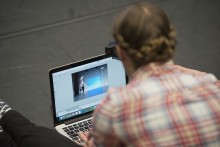
by Hetty Blades and Rosamaria Cisneros, Coventry, University (UK). As part of the EU funded Europeana Space (E-Space) project, C-DaRE held its Digital Dance Day March 16th, 2016, to showcase two recently developed digital tools for dance practice and scholarship. E-Space is a three-year project, now in … Continue reading
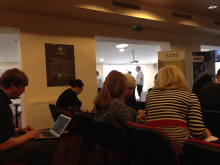
Antonella Fresa, Technical Coordinator of PREFORMA, presented the project at the 19th edition of the ILIDE Conference. The presentation focused in particular on the open source approach and on the forthcoming testing phase, showing how the conformance checkers can be used and integrated in other systems. Continue reading

How to creatively reuse & participate in digital culture: an event organized by NTUA with the support of PostScriptum, to present the WITH platform technology that is at the basis of E-Space Technical Space. This one day conference brought together … Continue reading


